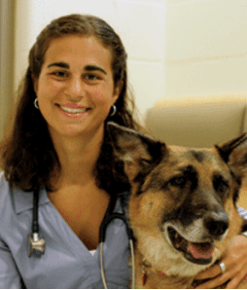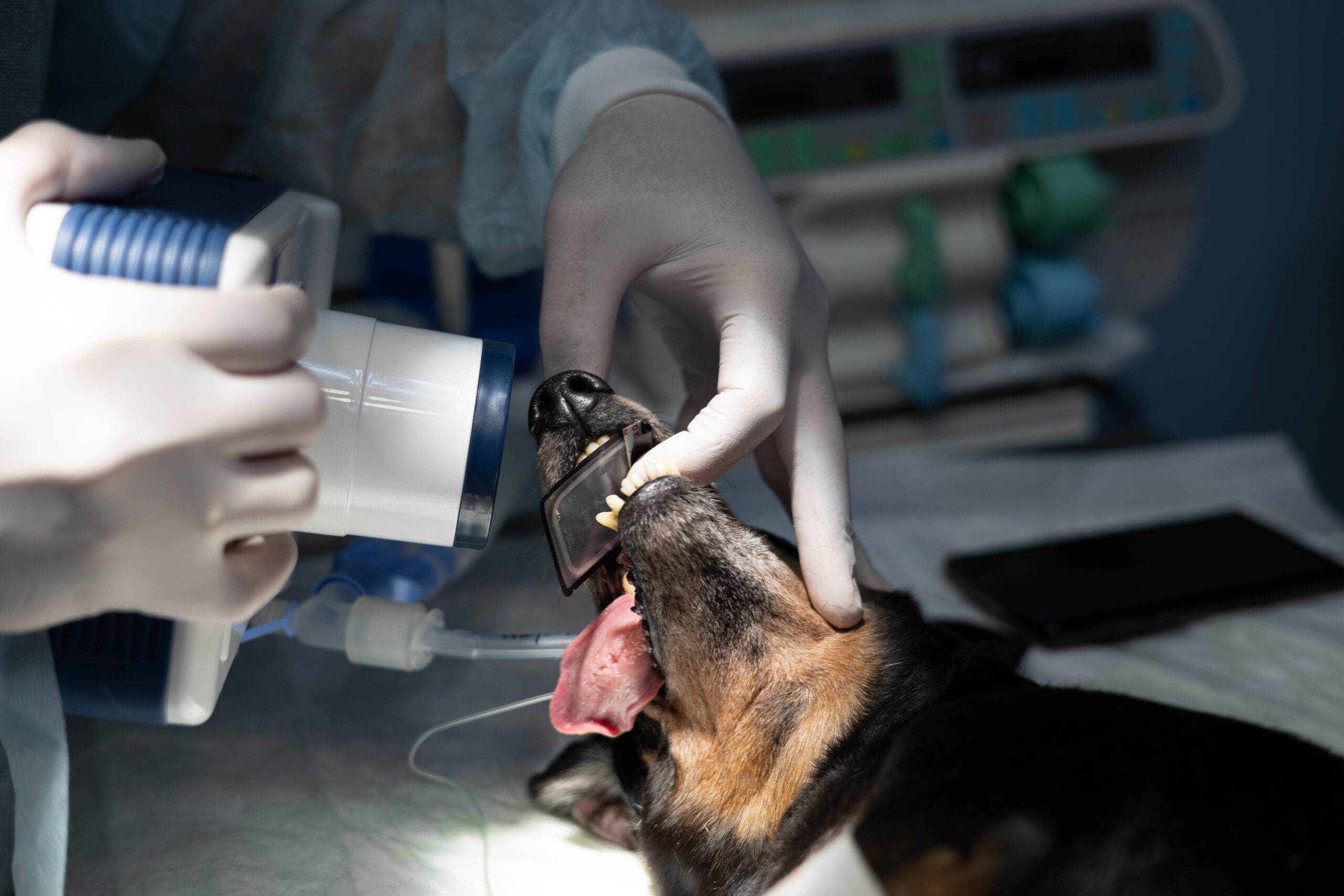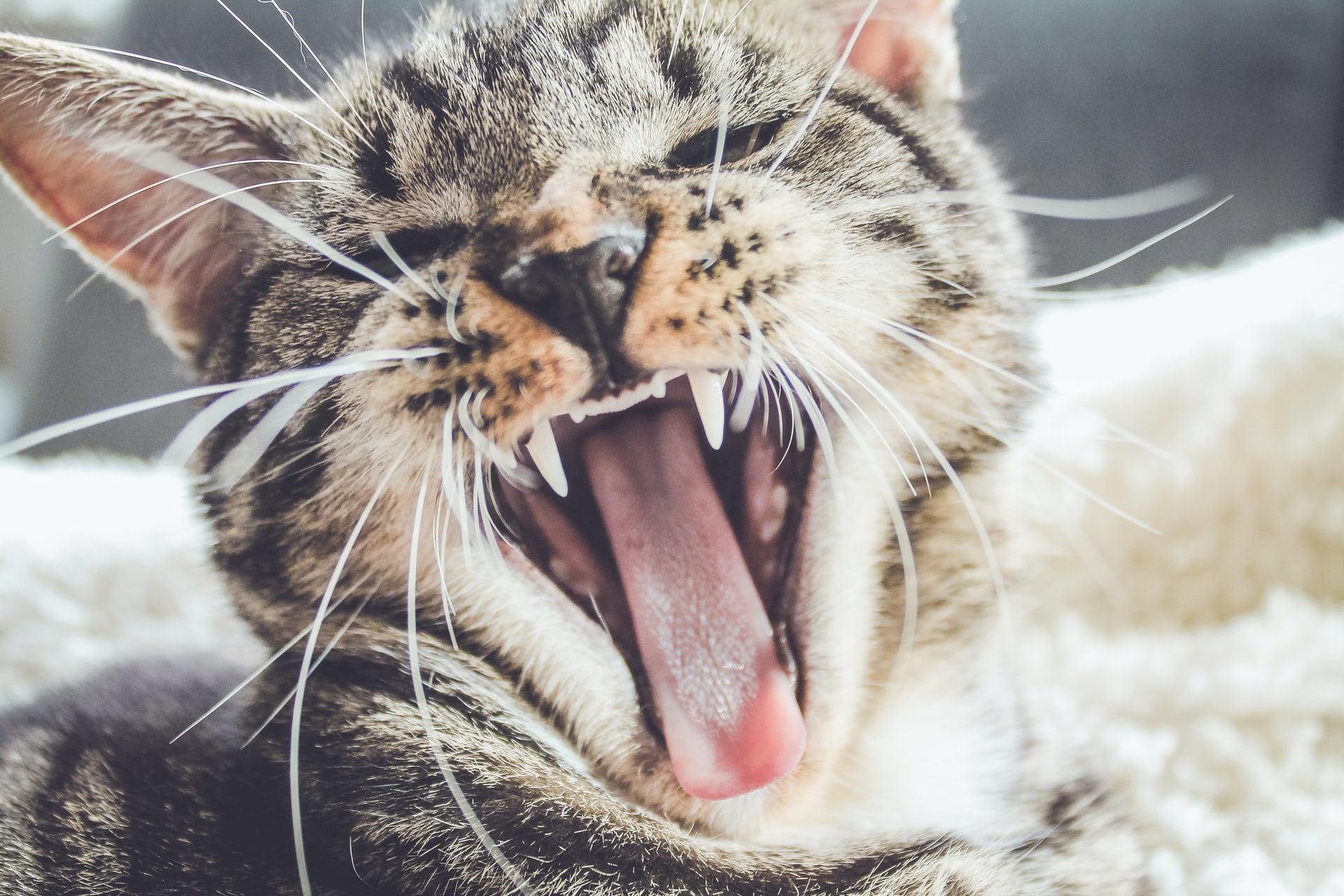-
Adopt
-
Veterinary Care
Services
Client Information
- What to Expect – Angell Boston
- Client Rights and Responsibilities
- Payments / Financial Assistance
- Pharmacy
- Client Policies
- Our Doctors
- Grief Support / Counseling
- Directions and Parking
- Helpful “How-to” Pet Care
Online Payments
Referrals
- Referral Forms/Contact
- Direct Connect
- Referring Veterinarian Portal
- Clinical Articles
- Partners in Care Newsletter
CE, Internships & Alumni Info
CE Seminar Schedule
Emergency: Boston
Emergency: Waltham
Poison Control Hotline
-
Programs & Resources
- Careers
-
Donate Now
 By Angela Mazza, DVM
By Angela Mazza, DVM
![]() angell.org/generalmedicine
angell.org/generalmedicine
generalmedicine@angell.org
617-522-7282
November 2023
x
x
Every annual exam includes an evaluation of your pet’s oral health. The veterinarian can get a general idea of the severity of dental disease during that visit. However, the full extent of dental disease cannot be  evaluated on an awake pet. A COHAT or comprehensive oral health assessment and treatment is more than just a dental. It is the best option for your pet’s dental health.
evaluated on an awake pet. A COHAT or comprehensive oral health assessment and treatment is more than just a dental. It is the best option for your pet’s dental health.
For most pets, it is impossible to fully evaluate the oral cavity when awake, including teeth, the back of the throat, and under the tongue. Also, most of the tooth structure lies below the gum line, so dental imaging is needed to assess the entire tooth structure. A COHAT needs to be performed under general anesthesia for these steps to happen.
Before anesthesia, a medical workup is done to be sure your pet is a safe anesthetic candidate. Once your pet is anesthetized, their vitals are monitored closely during the procedure. The first step of a COHAT involves applying a solution of chlorhexidine to the teeth and gingiva, which works to kill surface bacteria. This is helpful for your pet but also decreases the amount of bacteria that becomes aerosolized during the dental procedure.
A full oral exam is then performed. The entire mouth and back of the throat are evaluated. All teeth are evaluated on the surface and probed below the surface. Any abnormality or concern is documented on the dental chart. Dental imaging is essential to evaluate the entire tooth structure, including what is below the gum line. X-rays or a cone beam CT are the imaging tools used during a dental. The veterinarian will then use the information from your pet’s dental chart and imaging to plan if teeth need to be extracted, if a mass lesion needs to be biopsied, or if another treatment option is recommended.
If a tooth is found to be overall healthy and does not need to be extracted, it will be cleaned both above and below the gum line. The veterinarian will use various tools, including forceps and scalers, to remove plaque and calculus. These teeth are then polished with a fine polishing paste to smooth each tooth’s surface. If a tooth is diseased and needs to be extracted, various surgical techniques exist to accomplish this. The extraction sites are then closed with dissolvable sutures. Other treatments are performed as indicated. This could include a biopsy of a mass or abnormal gingival tissue. All treatments are documented on the dental chart. At the end of the procedure, the entire oral cavity will be flushed out of any debris and suctioned to be sure it is clean and dry before your pet is recovered.
and below the gum line. The veterinarian will use various tools, including forceps and scalers, to remove plaque and calculus. These teeth are then polished with a fine polishing paste to smooth each tooth’s surface. If a tooth is diseased and needs to be extracted, various surgical techniques exist to accomplish this. The extraction sites are then closed with dissolvable sutures. Other treatments are performed as indicated. This could include a biopsy of a mass or abnormal gingival tissue. All treatments are documented on the dental chart. At the end of the procedure, the entire oral cavity will be flushed out of any debris and suctioned to be sure it is clean and dry before your pet is recovered.
Your pet will then be monitored through recovery and often discharged the same day. Soft food will be recommended for a couple of weeks post-op, and pain medications will be prescribed as needed. Once your pet has recovered and given the green light after their recheck appointment, daily tooth brushing is recommended to help maintain long-term oral health.